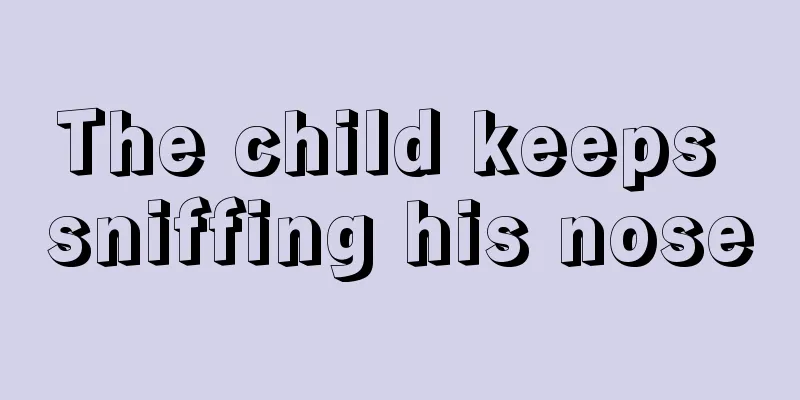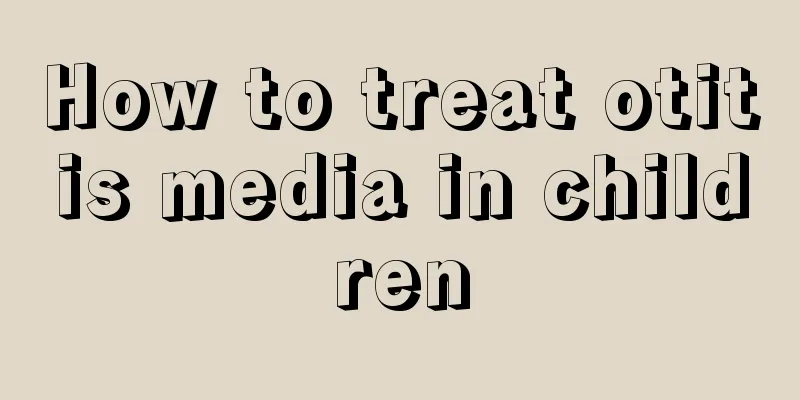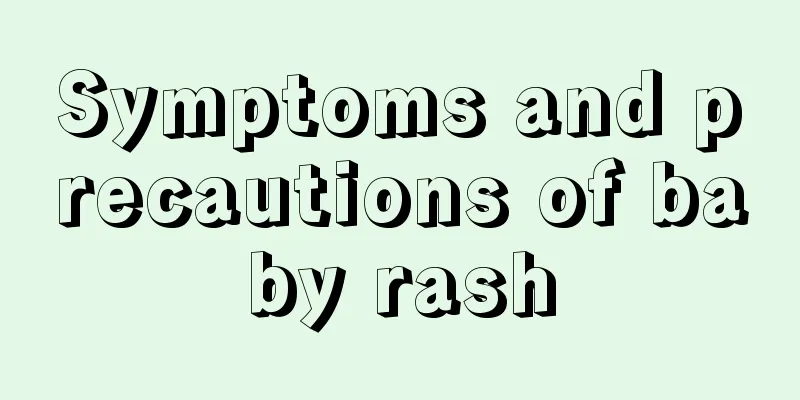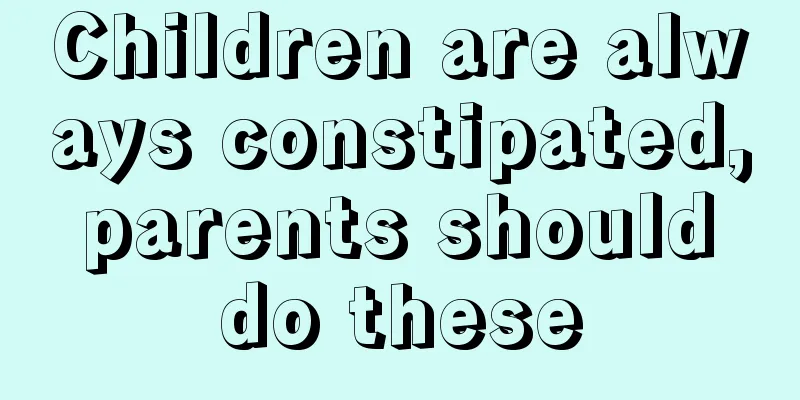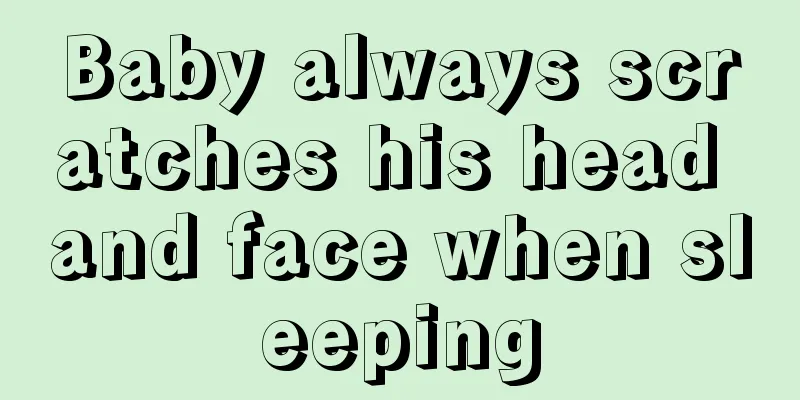What are the characteristics of ADHD in children?
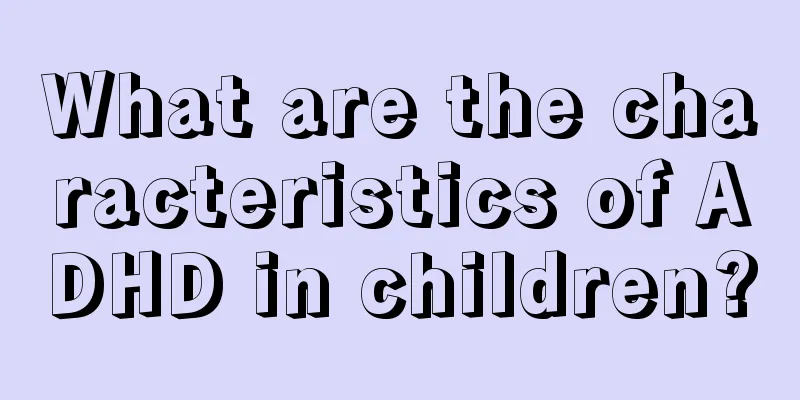
|
Attention Deficit Hyperactivity Disorder (ADHD) is a disease. It is a phenomenon that occurs in children where their age and actions are inconsistent. In particular, children are prone to impulsiveness and anger. It not only affects their normal life and study, but also has a serious impact on their bodies. When a child becomes hyperactive, parents must pay attention to it and provide their children with formal and systematic treatment. Let’s take a look at the characteristics of ADHD. Symptom 1: Attention deficit disorder That is, lack of focus and short attention span. It manifests as inattention in class, wandering thoughts, being easily attracted by surrounding things, and being distracted by external interference. When doing homework, the handwriting is sloppy, the student procrastinates or makes frequent mistakes, and the student often starts but never finishes a task, failing to complete it well. Symptom 2: Too much activity Some children show obvious signs of hyperactivity while in their mother's womb. Infants and preschoolers are particularly active, being restless, hyperactive, crying, and difficult to satisfy. As they get older, they become more active, make more small movements in class, run around, jump around, talk too much, do not observe discipline, and ignore danger. Symptom 3: Impulsiveness and willfulness Emotions are volatile, easily excited, angry, quarrelsome, and lack self-control. They behave childishly, love to play, skip school, fight, and even lie, steal, and embark on a path of crime. A few have personality and behavioral defects as adults. Symptom 4: Learning difficulties Although most of them have normal intelligence, their academic performance is poor and fluctuates. It is sometimes good and sometimes bad. If you pay attention, it will go up and down. If you don't pay attention, it will go down. As they move up to higher grades, their grades gradually decline, and they may even fail or repeat a grade. Symptom 5: Sensory Integration Disorder The movements are clumsy, such as buttoning, lacing, using scissors, etc., and walking is not in a straight line. Some children cannot distinguish left from right, up from down, have spatial position disorders, and are prone to misreading or writing similar words. Symptom 6: Weird Behavior Such as eating fingers, biting collars, chewing pencils, sucking lips, smelling special smells, etc. The above is an introduction to the characteristics of ADHD in children. When a child has ADHD, you must pay attention to comprehensive conditioning of the child in life and diet while actively treating him/her, especially communicating with the child frequently. In addition, when undergoing treatment, you must go to a regular hospital for systematic treatment. |
<<: What causes ADHD in children?
>>: What to do if children have a cold, stuffy nose or runny nose
Recommend
What is the reason why children can’t jump rope?
Some children are around ten years old. They ofte...
What should I do if my baby has a mild concussion?
Children with concussions may lose consciousness,...
What disease causes white spots on a 2-year-old baby’s face?
When it comes to spots, everyone is more familiar...
What causes pneumonia in children? Three reasons to keep in mind
Pediatric pneumonia is a disease that is easy to ...
How to supplement trace elements for children
In life, we all go through different stages, and ...
What is the massage method for baby fever
Children have weak resistance, and colds and feve...
What kind of disease is ringworm on children's head
Tinea versicolor on children's heads is mainl...
Is 357 a low-grade fever for children?
The thing that parents worry about most is when t...
What to do if your child grows too fast
Children nowadays generally suffer from precociou...
What are the symptoms of a child having a fever and seizures?
Fever can be said to be something that everyone o...
How to style children's hair for dancing
Whether it is kindergarten or primary school, the...
Why do children often have foot pain?
We all know that children are lively and active b...
What causes swollen lymph nodes in the neck in children?
Enlarged lymph nodes in the neck are a common phe...
What are the reasons for newborns to urinate frequently?
Many newborns urinate very frequently. If a newbo...
Things to note when your baby gets chickenpox
Chickenpox is a really annoying disease. It can a...
